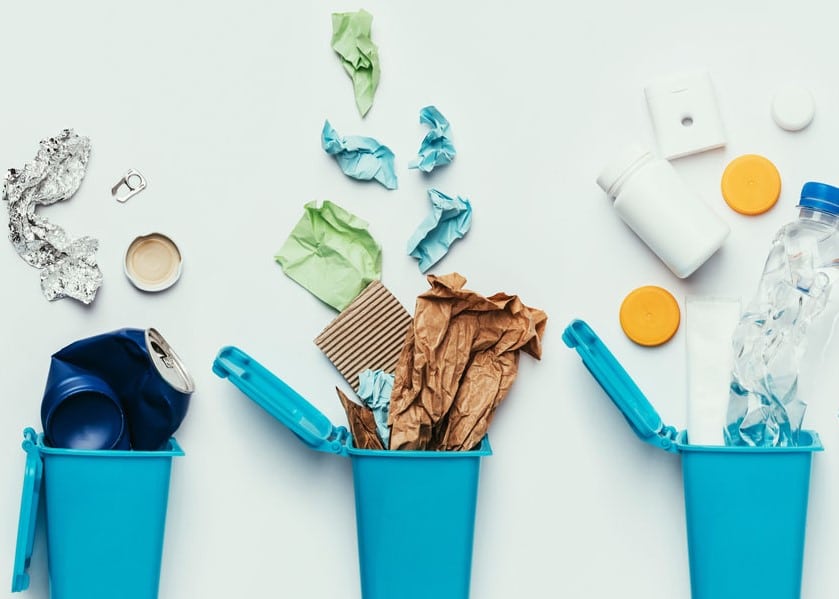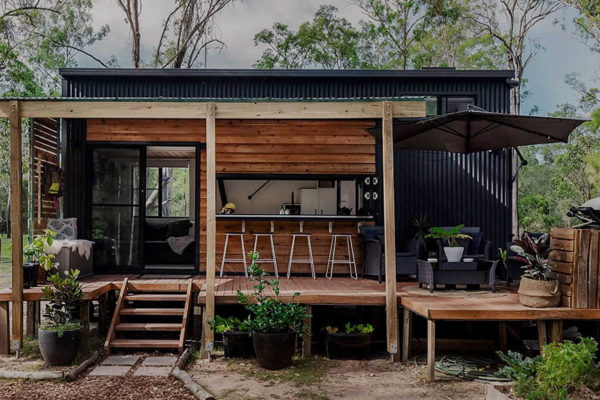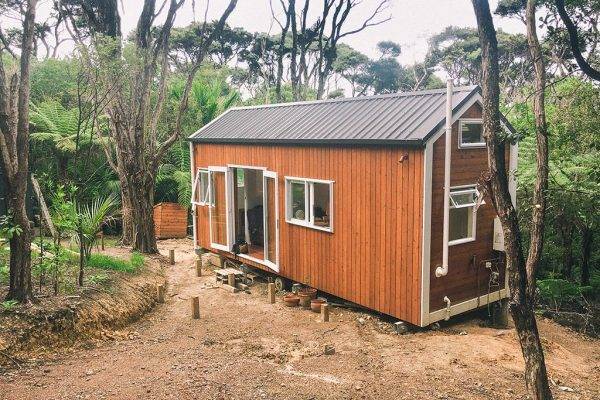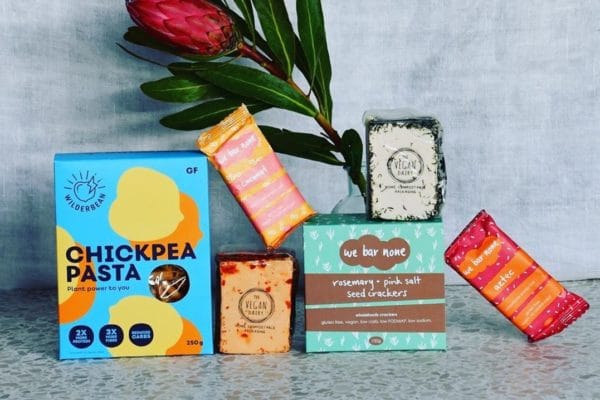With World Environment Day coming up this Saturday, you may be wondering how you can do more for the planet.
It can be overwhelming at times so it’s important to remember that one small step; is a step in itself. If you’re stuck on what step to take next, start with a trash audit.
But what on earth is a trash audit?
In short, a literal dig through your bin. Why?
Because it is the easiest way to find out where your waste is coming from so you can make the most relevant change to you and your habits at the tail end – in your bin – and work backward from there.
Image via dumpsters.com

Slip on some reusable gloves and get digging!
Once your rubbish is laid out before you and the wasteful habits appear, conclusions can be drawn on how you can best reduce or reinvent your waste – remembering to not feel overwhelmed but instead empowered to pick one thing, one meaningful change, and your next step starts there. Here are some tips to help get you started on reducing your waste.
To help you on your way, here are three common waste materials found in our everyday bins, plus how we can reimagine where they end up.
Turn toilet rolls into worm food
Considering, or already have in action a compost or worm farm? Great news, the worms, and the compost love toilet rolls!
Adding these in the mix will not only offer the carbon needed to match the nitrates in food, but the hollow helps the mixture aerate – meaning less smell! With toilet rolls being a household staple, this is a great way to upcycle on an ongoing basis.
Upcycle soft plastic bread bags into play equipment
Empower the kids to get involved with Wonder Rewards Recycling; a fun and easy program in over 1,000 Aussie schools to recycle bread bags that might otherwise go to landfills.
Once the sandwiches have been spread, squished, and popped into their lunchboxes, the kids can take the soft plastic bread bags to their school and drop them off at collection boxes. All the collected plastic will be used to create new things, such as school play equipment, which schools automatically go into the draw to win.
Reinvent old veggies with a frittata
Though you may try your best to use all those veggies, sometimes life gets in the way and you run out of time or forget what exists at the bottom of the veggie drawer of the fridge. Then we’re left with limp veggies that look like they’re on their way out. But wait – there are still plenty of ways to use them, especially when you’re in for a lazy day, or when the kid wants to lend a hand. Dice those veggies up and make a simple oven-baked frittata dish using up all of the limp produce, eggs, flour, and water.
The statistics around waste can be pretty alarming. In Australia, approximately 66% of plastics are recyclable, but only 18% get recycled. And we throw away about $20 billion worth of food each year. And this is just two parts of a larger pie.
So this World Environment Day, take a step to reduce your waste for the planet and if possible, wrangle your families (especially the kids!) to get involved for an even bigger impact.


